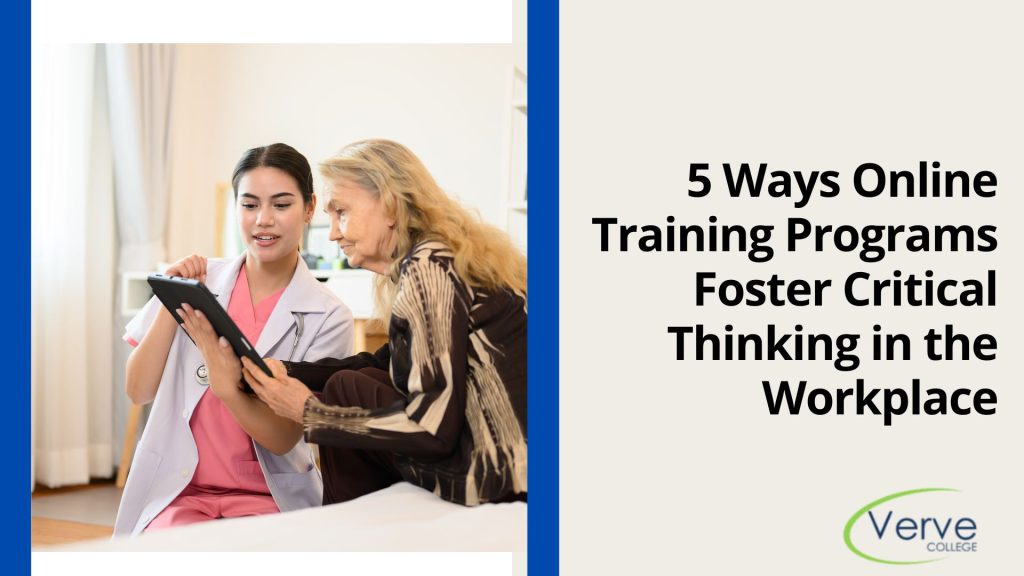- Oak Brook:(630) 705-9999
- Chicago:(312) 920-8822
- Email:inquiry@vervecollege.edu
- Make a Payment
- Home
- Programs
- Admission
- Resources
- ATI Entrance Exam Resources
- New E-Digital Library
- Refer a Friend
- School Newsletter
- Events
- Employers
- Job-Network
- Alpha Beta Kappa Candidates
- Verve College Library
- Graduation and Pinning Ceremony Photo Galleries
- Textbook Information
- Career Services
- Tutoring
- School Catalog
- FAQ
- Constitution Day Program
- Alumni
- Verve College Plans
- Financial Aid
- HEERF Reporting
- Satisfactory Academic Progress
- Apply For Financial Aid
- Net Price Calculator
- Return of Title IV Funds (R2T4)
- Financial Aid Office Code of Conduct
- Contact
- FAQs
- Verification Policy
- Vaccination Policy
- Student Right-to-Know Act
- Misrepresentation
- Information Security Program
- Academic Award Year
- Availability of Employee
- Cost of Attendance
- Health & Safety Exemption Requirement
- Students Rights and Responsibilities
- Leave of Absence
- Pell Formula
- Military Students
- Grants/ Scholarship Policy
- Contact Us
- Testimonials
- Blog
Is a Nursing Career Right For You?
Take The Free Quiz
5 Ways Online Training Programs Foster Critical Thinking in the Workplace
5 Ways Online Training Programs Foster Critical Thinking in the Workplace
In 2025, critical thinking remains a cornerstone of nursing practice, evolving to meet the demands of a dynamic healthcare landscape. Licensed Practical Nurses (LPNs) are at the forefront, leveraging critical thinking to address complex patient needs, improve outcomes, and adapt to technological advancements. This skill enables healthcare providers to evaluate situations, question assumptions, and take informed, purposeful actions that prioritize patient safety and quality care. As healthcare shifts towards hybrid practical nursing programs, the need for LPNs with strong critical thinking abilities has never been more essential.
Why Critical Thinking Matters in LPN Practice?
Critical thinking in nursing integrates fairness, ethics, and evidence-based practice. It allows LPNs to:
- Identify patient needs effectively: By observing and interpreting patient cues, LPNs can anticipate complications and act swiftly.
- Prioritize tasks: From administering medications to monitoring vital signs, critical thinking helps in managing workload efficiently.
- Enhance problem-solving: Logical evaluation of data ensures timely and accurate interventions.
The COVID-19 pandemic highlighted the significance of critical thinking, with nurses innovating resource management and delivering high-quality care under pressure. As healthcare environments continue to evolve, LPNs must adapt and refine their skills to meet these challenges.
Read More :- Stages of Lifespan Development: From Birth to Adulthood
Strategies to Strengthen Critical Thinking Skills
To excel in a these programs or while practicing as an LPN, these strategies are essential:
1. Embrace Case-Based Learning
- Engage in real-life scenarios to develop analytical skills.
- Collaborate in groups guided by mentors to enhance communication and teamwork.
2. Practice Self-Reflection
- Regularly evaluate what worked well and areas needing improvement.
- Reflect on outcomes to build better habits and anticipate patient needs.
3. Cultivate a Questioning Mind
- Stay curious and ask meaningful questions during low-pressure situations.
- Develop problem-solving skills for high-stress environments.
4. Stay Present and Self-Aware
- Focus on active listening and being attentive to patient details.
- Use self-awareness to improve assessment skills and intervention outcomes.
5. Follow a Structured Approach
- Use the nursing process: assess, diagnose, plan, implement, and evaluate.
- Structured methods refine decision-making and reduce biases.
Overcoming Common Pitfalls in Critical Thinking
LPNs face several challenges that can hinder critical thinking. Understanding and addressing these obstacles is vital:
- Biases: Personal experiences can create false assumptions. LPNs must recognize and mitigate biases to deliver objective care.
- Task-Oriented Mindset: New nurses may focus solely on completing tasks, missing the broader context. Critical thinking ensures they consider trends and patient history.
- Fear and Pride: Avoiding cultural differences or unfamiliar practices can impede growth. Embracing learning opportunities fosters better care.
Building Confidence in Critical Thinking
Strong critical thinkers:
- Learn from past mistakes and experiences.
- Treat each patient interaction as part of a larger healthcare context.
- Collaborate with colleagues to solve problems.
- Build confidence through continuous knowledge acquisition and practice.
Want to Make a Career in Nursing? Get More Information About Our Courses!
Conclusion
Critical thinking is a fundamental skill for LPNs, enabling them to navigate complex healthcare scenarios and deliver compassionate, effective care. By fostering self-reflection, curiosity, and structured analysis, LPNs can thrive in hybrid LPN programs near you. Overcoming biases and staying present ensures they provide the highest standards of care while meeting the evolving demands of the nursing profession. Begin your journey to become a licensed practical nurse by mastering critical thinking and joining a program that prepares you for the challenges of modern healthcare.
 Sign up
Sign up Login
Login




